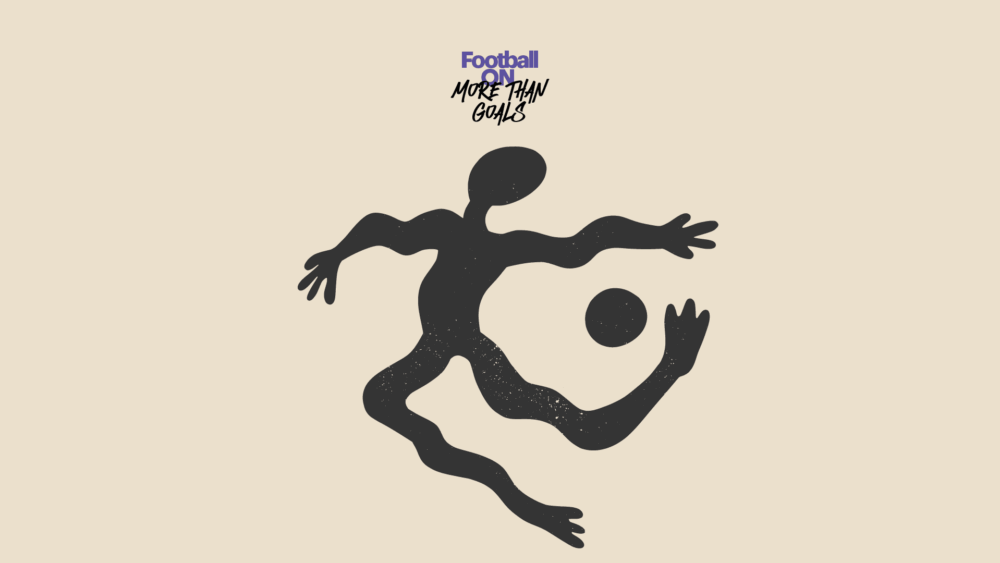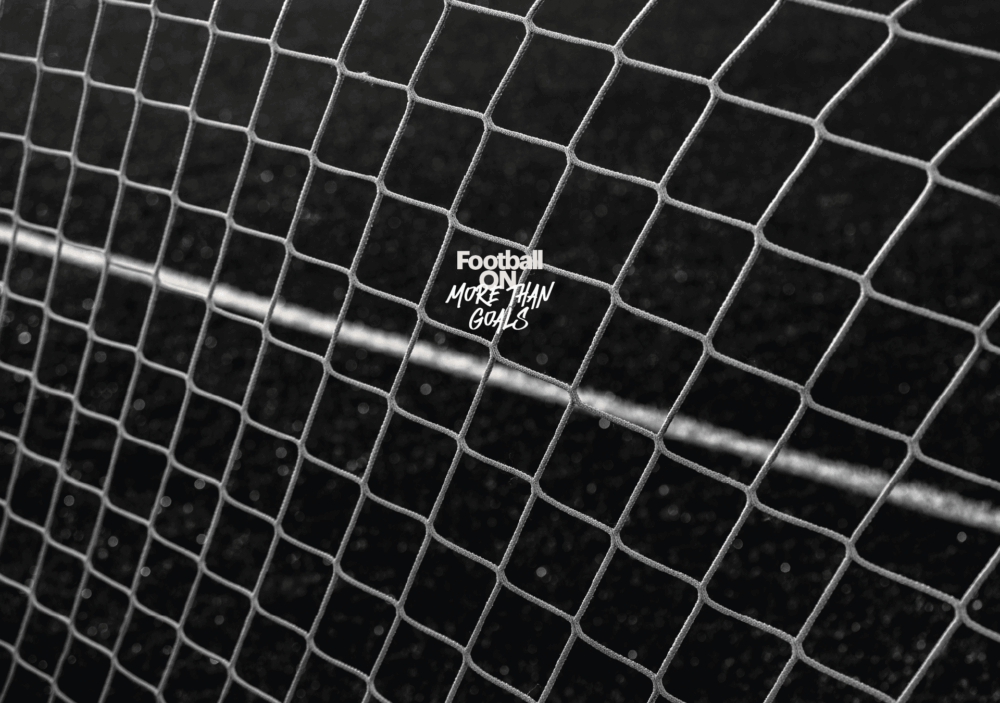
Dimitris Rouvalis: “I dream of a women’s football in Greece with full stadiums”
Dimitris Rouvalis is a UEFA A Football Coach and Analysis Specialist. He participates in the ETERON project FootballON: More Than Goals, talking about ways to strengthen women’s football in Greece, the role of local communities and families in supporting young female footballers, the difficulties faced by women’s football coaches.
How do you assess the progress of young female athletes in Greece and what programs or initiatives do you believe could enhance their development at a professional level?
Women’s football in Greece has experienced rapid progress in recent years, always compared to what it was in previous years. Both the number of young girls and the part of society involved in women’s football have increased. This of course does not mean, however, that there is no room for improvement or that women’s football in our country is in the same position as in corresponding European countries. I believe that the first step for the further development of women’s football in our country would be the conversion of at least the First National Women’s Division from “Amateur” to “Professional”. This will result in better benefits for female athletes, now constituting their profession, certainly bringing new financial data to all teams (sponsorships, television rights). Subsequently, and in my personal opinion, the emphasis should be given to academies, with the creation of girls’ academies, within the framework of those for men. Let’s not forget that in men’s football in Greece, the academies of the big teams are doing a great job creating complete footballers who can compete at the top European level, with the crowning glory of all of this being the UEFA Youth League win by Olympiacos’ U19 team last season. Think about what improvement, both at the club and national team level, the creation of academies of this level in women’s football in Greece has to offer us.
The young girls who are starting to play football are the future of the sport in Greece and in my opinion, emphasis should be placed there and a strategic development plan should be structured. There is talent in our country in women’s football, proper training and management are what are needed to complete the puzzle.
With the increasing use of technology in football, such as data analysis and performance monitoring platforms, how do you utilize these tools in training women’s teams and what are the benefits you have observed?
In order to be able to evaluate anything, it must first be measurable. Therefore, data analysis helps both me as a coach and the technical staff to read and distinguish with data in which areas our team responded as we would like and in which areas it needs improvement. In addition, the existence of platforms for monitoring performance and analyzing data at an individual level, especially at developmental ages, gives us the opportunity to create an individual improvement plan based on the characteristics of each athlete and leads us to better training them. It would take a whole volume to describe the usefulness of data in the coaching process, but the essence is described in what I mentioned above. Better training means better athletes, better athletes mean better football.
What is the role of local communities and families in supporting young female athletes involved in football? Do you see any differences compared to male athletes?
Starting with the family, I would say that it plays the most important role in the development and support of young female athletes. Volumes of books have already been written and a wealth of research has been conducted on the way a parent’s behavior affects a young athlete. The importance of the family lies more in the management of young female athletes, the road to success is not paved with roses, it has difficulties and managing them, as well as the success itself, is just as important as the coaching process. Also, many times the excessive expectations that a parent may have for his or her athlete daughter, leads to disappointment and unfortunately many times to abandoning the sport. What I would like to convey to the parents of young female athletes is the following: faith in the coaches and in the process. The percentage of female athletes who will manage to compete at a high collective and national level is small, but the benefits that a young athlete has from participating in an academy are many and in multiple areas.
In terms of local communities, local communities are now embracing women’s football. We see women’s teams being created even in remote areas of our country, giving more and more young athletes the opportunity to experience the beauty of football. There are no differences compared to male athletes, especially in recent years, in terms of social and family treatment and if there has been anything, this is a sad exception.
Based on your experience, what are the main challenges facing the development of women’s football in Greece compared to other European countries?
A key challenge facing the development of women’s football in our country is certainly the problem of infrastructure, that is, the fields where the athletes train and play. This situation has certainly improved in the last two years, mainly with the entry into the field of women’s football and the rise to the first-class national division of teams affiliated with PAE, such as AEK, Asteras Tripolis, Panathinaikos, PAOK and OFI, and specifically with the use of the training centers of these teams by the respective women’s sections. Certainly, the imminent entry of Olympiacos into women’s football will give new impetus and will contribute significantly to the improvement of this situation. The next step that I would like to see is the holding of women’s football matches in the historic stadiums of these teams.
The second challenge facing the development of women’s football in Greece has to do with the remuneration aspect. In order to improve the quality of the product provided, the best possible benefits should be given to the athletes. When an athlete cannot secure a living, she cannot devote herself to the sport she serves, football. At the moment we are speaking, this fact constitutes the daily life of the majority of athletes, with some exceptions.
What obstacles and difficulties have you personally faced so far in your coaching career?
The path to becoming a coach in Greece is certainly not paved with roses. It requires sacrifices, time and money for continuous training, money that, especially in the first years, may not be “earned” by the coaching profession. On a personal level so far, and because I consider obstacles and difficulties to be a challenge for me and a guide to continuous improvement, I will not tell you that I have faced any insurmountable obstacle; I will tell you that I have faced challenges that made me better.
I would like to stop and address two issues, however; the first torments the coaches of my generation and the second the coaches involved in women’s football: 1) A coach’s experience is only important when it is qualitative and not quantitative, we often confuse the two terms. 2) Football is one, whether men’s or women’s, coaches who are active in women’s football are just as qualified and worthy as those who are active in men’s football.
What message would you like to convey to young female athletes who dream of pursuing a career in football?
I dream of women’s football in Greece with full stadiums, a competitive women’s football in Greece, with teams that will advance to European club competitions and a women’s National Team present in major competitions. This should be the dream of everyone involved in the field. And personally, as long as I am active in the field of women’s football in Greece, this is what I will fight for and work for.
Finally, what I would like to convey to young athletes who want to pursue a career in football, is to initially dream and then work every day according to the instructions of their coaches to become better. Dreams combined with hard work cease to be dreams and become goals. The road may be long, but be sure that every moment of their journey is worth it and will give them emotions that only football can give.




